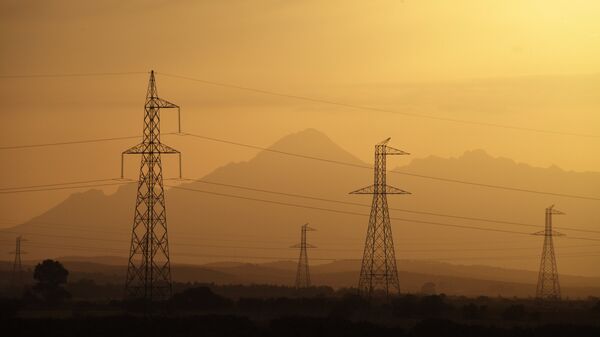The Indian government has amended the two-year-old guideline on the cross-border trade of electricity, days ahead of the Bhutanese prime minister's visit to New Delhi.
As the guidelines implemented in 2016 severely impacted the ability of Bhutan and Nepal to sell electricity to India, the two neighbouring countries had been pressurising India to amend the provisions in their favour.
Revising the guidelines, India's Ministry of Power repealed the earlier provision which stated that only companies fully owned by the government of the concerned countries or those having at least 51% stake by Indian companies could export power to the Indian market after obtaining a one-time approval from the designated national authority.
This provision had negatively impacted many hydropower projects in Nepal and Bhutan, including some ventures that were of national importance to both countries.
READ MORE: Setback for Nepal, Bhutan as India Says It Won't Take Back Demonetized Currency
The revised guidelines now state that approval from the designated authority is not be necessary in certain cases involving inter-governmental agreements.
"Any entity proposing to import or export electricity may do so only after taking approval of the designated authority. Approval of the designated authority will, however, not be necessary where the import or export is taking place under the Inter-Government Agreement signed by India and a neighbouring country for specific project(s)," the new guideline states.
Meanwhile, Bhutanese Prime Minister Dr. Lotay Tshering will be arriving in New Delhi on Thursday. The state visit is taking place during the Golden Jubilee year of the establishment of formal diplomatic relations between India and Bhutan.
"The upcoming visit of the Prime Minister Dr. Lotay Tshering will provide an opportunity to the two sides to review the progress in our multifaceted partnership and to discuss ways and means to expand the enduring ties of friendship and cooperation for the benefit of the two peoples," India's Ministry of External Affairs stated on December 24.




